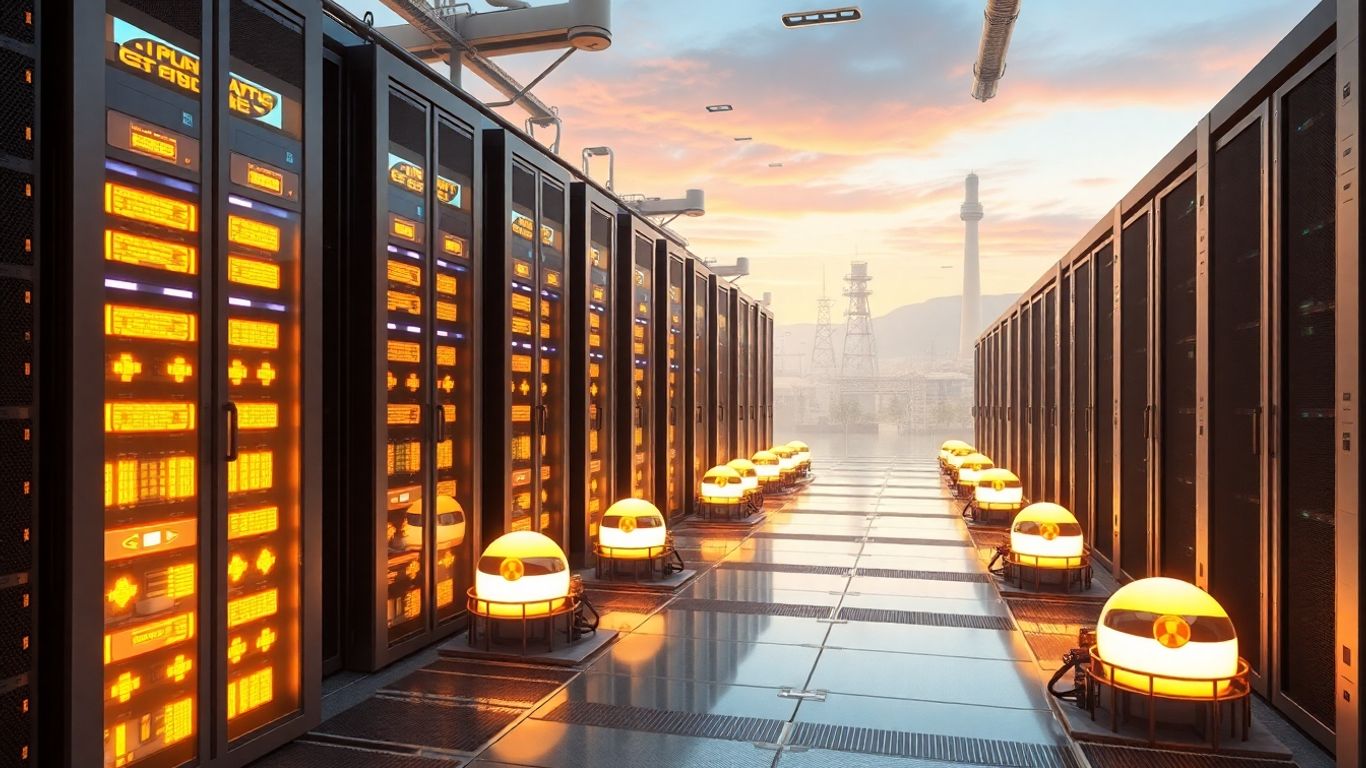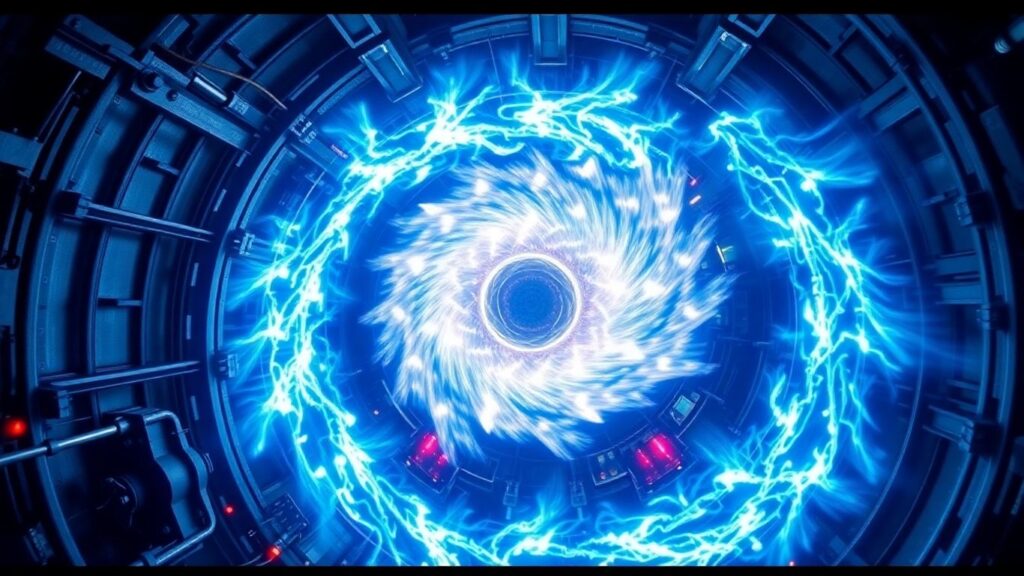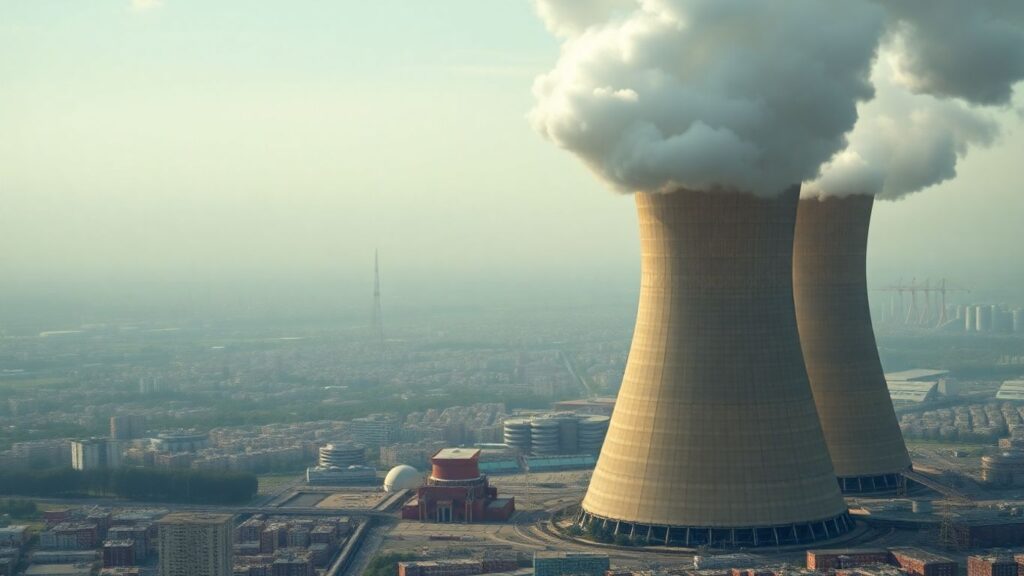In a bold shift to meet the soaring energy demands of artificial intelligence, America’s tech giants—Amazon, Google, Meta, and Microsoft—have turned to nuclear power. These major investments mark a new era for both the energy and technology sectors as firms seek reliable, emission-free electricity to fuel unprecedented data center growth.
Key Takeaways
- Tech leaders are investing billions in nuclear energy to power AI-driven data centers.
- Both traditional large-scale reactors and innovative small modular reactors (SMRs) are part of new strategies.
- The move reflects both climate commitments and the massive power needs of AI technology.
- Nuclear’s reliability is seen as key compared to intermittent wind and solar sources.
Why AI Needs Nuclear: The Data Center Dilemma
The race to develop ever-more powerful AI requires energy-hungry data centers, vastly increasing electricity needs. Companies like Google report that AI server racks can require over ten times more power than traditional ones. With data centers now a sizable chunk of regional power grids, finding clean, dependable fuel sources has become vital.
Nuclear as the New Backbone of Big Tech
To answer this demand, tech giants are investing directly in nuclear. Microsoft made global headlines with a $1.6 billion deal to reopen the legendary Three Mile Island plant. Amazon and Google have each announced plans to buy power from new-generation SMRs—compact reactors that promise easier replication and potentially lower costs than their sprawling predecessors.
Meta, too, has entered the nuclear arena, striking a 20-year deal to expand the capacity of Illinois’ Clinton Clean Energy Center, securing future supply for its AI ambitions.
Innovation and Challenges
While the appeal of nuclear lies in its constant, carbon-free output, challenges remain. The U.S. has built very few reactors since the 1970s, with most recent projects encountering delays and budget overruns. SMRs, while promising, are still in early stages and have yet to be deployed commercially on a wide scale.
Despite these hurdles, Big Tech’s massive capital and urgency could accelerate nuclear innovation. Firms like Kairos Power and X-Energy are at the forefront of SMR development, and Microsoft is even venturing into fusion energy partnerships.
Environmental Concerns and Market Impact
The pivot to atomic energy is not without controversy. Some environmental advocates remain wary of nuclear safety and waste, even as others embrace it as a practical solution to energy and climate challenges. Meanwhile, federal and state governments are revising policies, passing hundreds of bills to clear regulatory paths for new nuclear projects.
What’s Next?
As tech’s energy appetite outpaces grid upgrades and fossil fuel alternatives fall short of zero-carbon goals, nuclear power is set to play an increasingly strategic role. Whether these multibillion-dollar bets will result in a true renaissance for atomic energy remains uncertain, but Silicon Valley has placed its chips—and its future—on the nuclear table.
Sources
- Big Tech’s big bet on nuclear power to fuel artificial intelligence, CBS News.
- Amazon, Google and Microsoft Are Investing in Nuclear Power, The New York Times.
- Meta becomes the latest big tech company turning to nuclear power for AI needs, AP News.
- Big Tech turns to nuclear energy to fuel power-intensive AI ambitions, CNBC.












